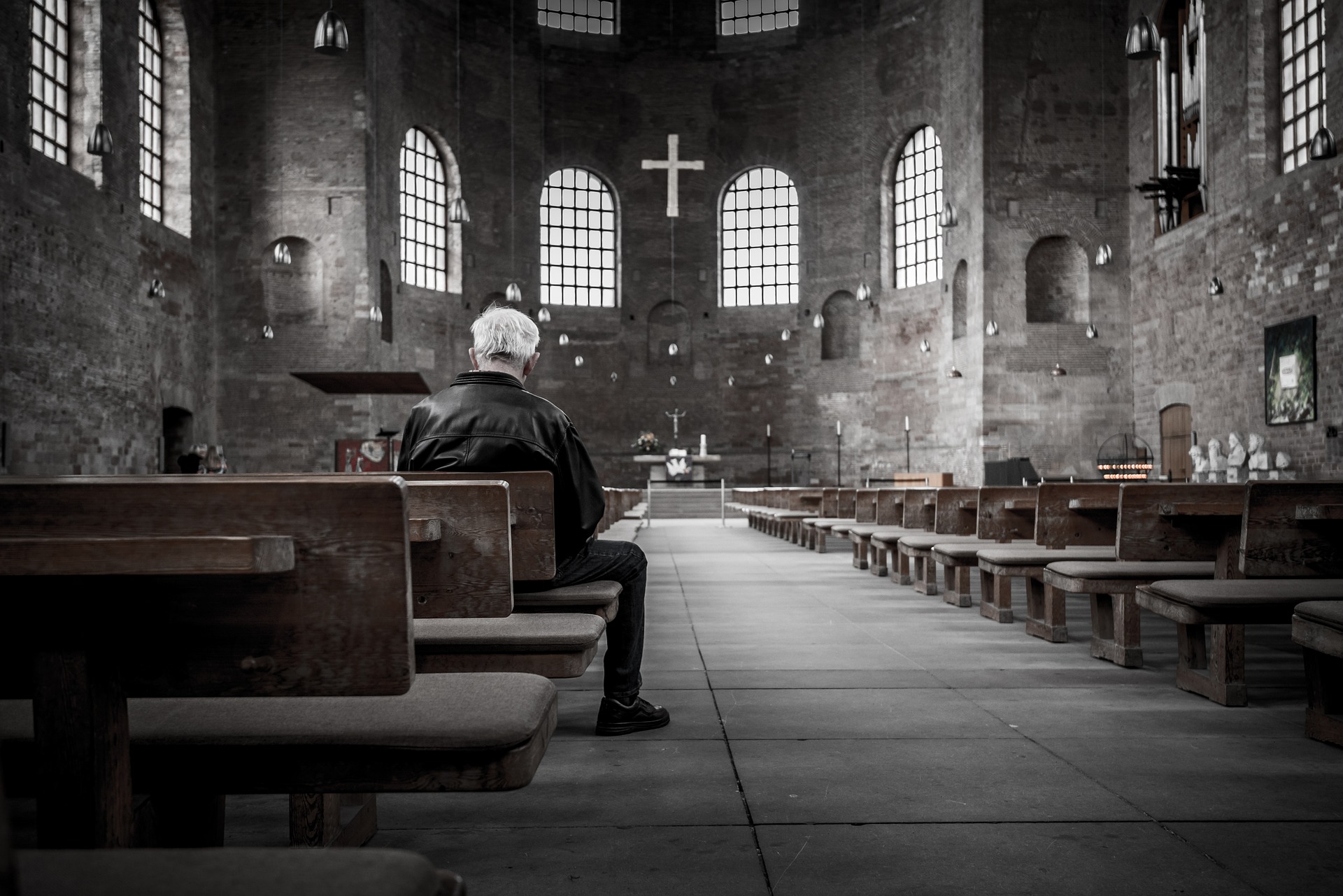
Attacking Catholics not a hate crime, just vandalism
The number of attacks on Catholics in the United States has skyrocketed, but the suspects of these crimes receive remarkably light punishment – if they receive any at all. Rights groups say the sentences would be different if other minority groups were being targeted.
Attacks against Catholic churches and organisations have steeply risen over the past two years, prompting rights groups to voice their disappointment that these incidents do not entail the same serious consequences as attacks against other religions or minority groups.
In early June, in the San Francisco area, the district attorney downgraded from a felony to a misdemeanour the charges brought against five people who desecrated a sacred statue on the grounds of a Catholic church. And in Washington state last month, the Justice Department recommended no jail time for a transgender person who had defaced church property and assaulted a church employee.
Attacks targeting Catholic churches and organisations have increased over the past two years, and advocates have grown frustrated with what they say is a lack of consequences for people who target Catholics relative to the consequences for people who target other religions or minority groups.
The increase in attacks began during the Black Lives Matter protests in 2020, their number continued to grow following the Supreme Court’s 2022 abortion decision, and more recently, church vandalism has been taking place in the name of transgender rights movements.
Critics say suspects caught for committing such illegal acts too often escape the more serious consequences applied for committing hate crimes.
Instead of being convicted of a hate crime, they often only face charges of vandalism or theft and thus are not put behind bars.
The Religious Freedom Institute reported attacks on 174 Catholic sites between May 2020 and last September. The United States Conference of Catholic Bishops has tracked 260 anti-Catholic incidents since May 2020. According to CatholicVote, a Catholic rights advocacy group, there have been 324 attacks on Catholic churches since May 2020.
However, according to the FBI, anti-Catholic hate crimes accounted for 6.1 per cent of all religion-related hate crimes in 2021, meaning the FBI only recorded roughly 95 anti-Catholic incidents that year. According to the bureau, this represents a drop compared to 2020.
But according to Catholic groups, attacks began to rise in 2020 and shot up dramatically in 2022, especially in the wake of the May 2022 leak that revealed that the Supreme Court planned to overturn Roe v Wade.
Tommy Valentine, director of the Catholic Accountability Project at CatholicVote, said the group’s reporting suggests police manage to track down a suspect in only about a quarter of attacks.
“That seems to be the exception rather than the norm, not because the police departments are not wanting to investigate these things, but that they don’t have the resources to combat what’s really part of a nationwide epidemic,” Valentine told the Washington Examiner.
What police departments need, he said, is resources from the federal government to combat clear instances of hate crimes.
“If you look at cases where, you know, a mosque gets vandalized, or this push around anti-Asian hate and things like this — if it happens to any other group, the federal government is right on top of it,” Valentine said. “As we should, right? We’re not complaining about that. The issue is that when the attacks are against Catholic churches, there’s no response.””
The suspect in Washington, D.C., does not appear to have faced hate crime charges despite, at the time of his arrest in August of last year, the Metro Police Department’s announcement that it was opening a hate crime investigation. That suspect destroyed a statue of St. Anthony of Padua and desecrated a statue of St. Mary and a statue of St. Joseph outside a Catholic school.
In the case of the San Francisco-area church, the five people who splashed red paint on a statue of St. Junipero Serra before tearing it to the ground in 2020 initially faced felony charges. San Francisco Archbishop Salvatore Cordileone at the time called the charges a „breakthrough moment for Catholics” because, he said, so few people who target symbols of Christian faith face felonies.
Earlier this month, however, the district attorney reversed course, downgrading the charges to misdemeanours and saying publicly that the defendants’ participation in „restorative justice” classes spared them further punishment.
Archbishop Cordileone responded with outrage, arguing that „this course of action would not have been taken with anyone else”.
„In fact, this crime likely would have been charged as a hate crime, at least if it were perpetrated against certain other minority and vulnerable groups of people,” he said.
In Oakdale, California, police arrested a man suspected of a hate crime for repeatedly vandalising two churches in 2022, including by smashing their windows. It wasn’t the first time he’d been arrested on charges of targeting Christian houses of worship; the year before, he’d been arrested after allegedly throwing rocks at church windows.
„He was deliberately targeting places of worship,” police Lt. Andrew Stever said after the arrest.
But the district attorney ultimately charged the man only with vandalism, not with the hate crime charge police sought.
In Bellevue, Washington, a transgender person who destroyed a statue of St. Mary, defaced walls with profane messages like „f*** Catholics”, and assaulted a worker at a Catholic church last year was offered a plea deal by the Biden justice department that would involve no time behind bars and three years of probation.
Tags:

